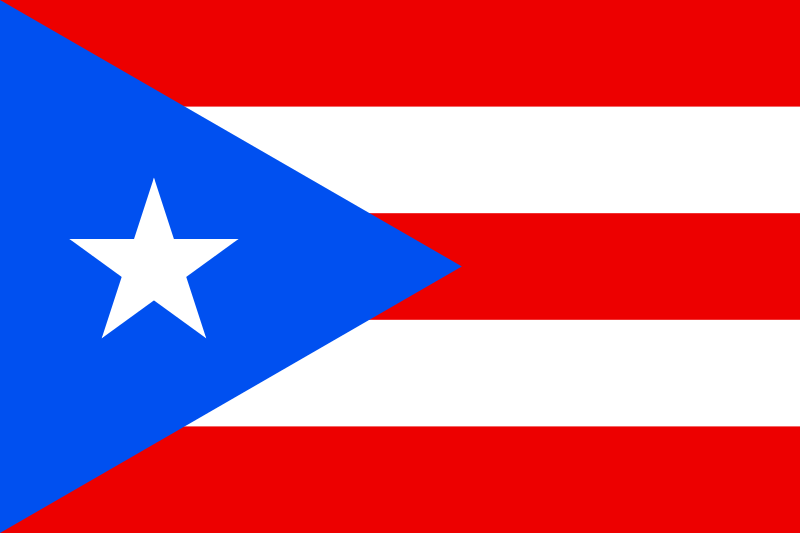Puerto Rico Bill to Raise Taxes on Dietary Supplements Defeated
The bill would have required supplement manufacturers and retailers operating in Puerto Rico pay higher fees and submit additional product information.

A controversial bill to create a new regulatory scheme and impose additional fees on dietary supplement firms operating in Puerto Rico was defeated this weekend. Dubbed an arbitrary “money grab” by critics, such as the Natural Products Association (NPA; Washington, DC), the legislation was dismissed after failing to move in the House of Representatives on Saturday.
The defeated legislation, Puerto Rico Senate Bill (SB) 1599, was an attempt to legitimize an administrative order issued by the Puerto Rican Secretary of Health in February. Under Administrative Order 346, every supplement product registered for sale in Puerto Rico would have been subject to a $25 fee for each variation of a supplement by size. Additional fees in the order included a $500 fee for supplement manufacturers, a $100 fee for wholesale and retail distributors, and a $50 inspection fee for facilities located in Puerto Rico.
Concerned about the harmful effect such fees might have on supplement firms and consumers in Puerto Rico, industry trade associations such as NPA and the Council for Responsible Nutrition (CRN; Washington, DC) urged lawmakers to oppose the bill.
“We are very pleased with the results of our opposition and to see that SB 1599 did not move beyond this point,” said Mike Greene, vice president of government relations, CRN. “It would have created an unfair tax on dietary supplements, products that many Puerto Ricans rely on as an important component of their health and wellness regimens, as well as added redundant regulation to an already well-regulated product category.”
On top of the hefty fees, the legislation would have also required supplement companies submit additional product information to Puerto Rico’s Department of Health, including certificates of analysis, label samples, promotional materials, quality control data, and laboratory certificates-much of which FDA already collects.
“In addition to the additional financial cost of registration, the administrative costs of providing duplicative information already provided to the FDA, and the burdensome new information will make doing business in Puerto Rico costlier than any other U.S. state or territory,” NPA explained in its talking points distributed before last weekend’s ruling.
CRN also noted that the bill’s defeat was made possible, in part, due to its work contacting Puerto Rico Senate and House members, engaging with the Puerto Rico Department of Health, and reaching out to retailers and consumers who would have been impacted by increased costs resulting from the new fees.
“The success in defeating this bill is due to the collective effort of the industry and the fact that Puerto Ricans want reasonable access to these products,” Greene said. “CRN is pleased to have garnered such strength in numbers with the help of its member companies, industry allies, and consumers. However, we’re keeping close watch on what’s happening in Puerto Rico and staying vigilant to protect the industry and the people who value dietary supplements.”
Read more:
How Will Brexit Impact Packaged Food Sales?
New Mandatory GMO-Labeling Bill Could Move Disclaimers Online
FDA Issues Draft Guidance for Sodium Reduction
Michael Crane
Associate Editor
Nutritional Outlook Magazine
michael.crane@ubm.com
Prinova acquires Aplinova to further increase its footprint in Latin America
April 7th 2025Prinova has recently announced the acquisition of Brazilian ingredients distributor Aplinova, which is a provider of specialty ingredients for a range of market segments that include food, beverage, supplements, and personal care.










